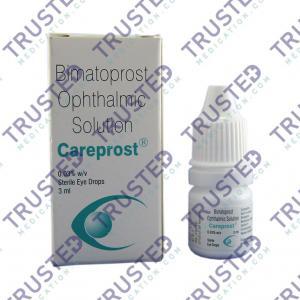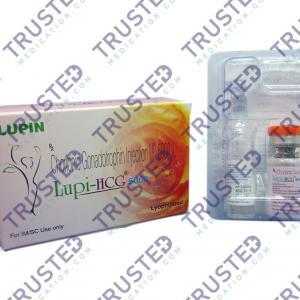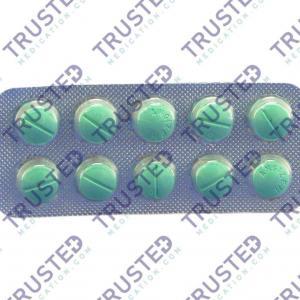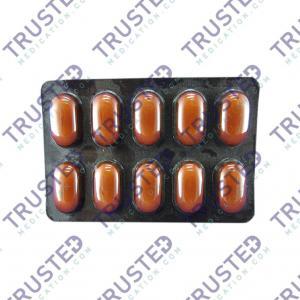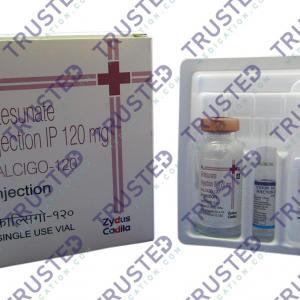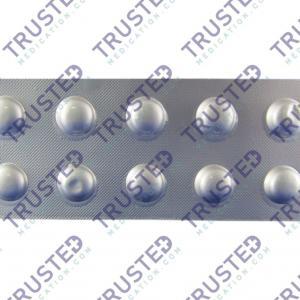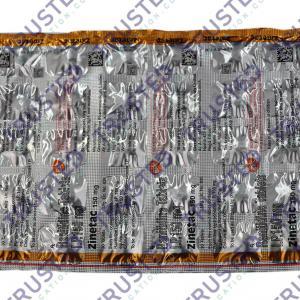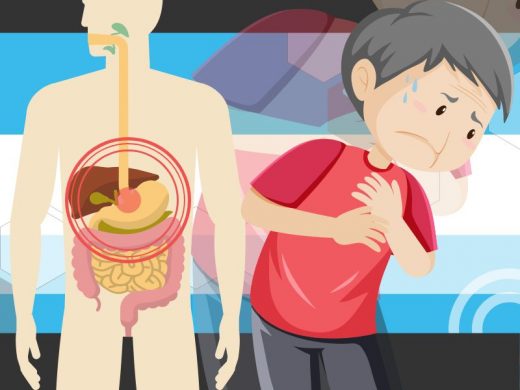
Heartburn typically refers to pain in the chest due to stomach acid flowing back up into the esophagus causing a burning sensation. Since stomach acid is causing the burning sensation, heartburn is commonly associated with hyperacidity. Heartburn is a symptom of GERD. Risk factors include those that increase the production of acid in the stomach, as well as structural problems that allow acid reflux into the esophagus.
What Causes Heartburn?
Heartburn occurs when stomach acid backs up into the tube that carries food from your mouth to your stomach. Normally when you swallow, a band of muscle around the bottom of your esophagus relaxes to allow food and liquid to flow down into your stomach. Then the muscle tightens again. If the lower esophageal sphincter relaxes abnormally or weakens, stomach acid can flow back up into your esophagus and cause heartburn.

Symptoms of Heartburn
- Burning pain in the chest that occurs after eating or at night
- Worsening pain when lying down
- Acidic or bitter taste in the mouth
Seek immediate help if you experience severe chest pain or pressure, especially when combined with other signs and symptoms such as:
- Pain in the arms or jaw
- Difficulty in breathing
Make an appointment with your doctor if:
- The symptoms occur more than twice a week
- The symptoms persist regardless of taking medications
- You have difficulty n swallowing
- Symptoms include nausea and vomiting
- You are losing weight due to poor appetite and eating difficulty
How Common is Heartburn?
Occasional heartburn is typical and may occur to everyone. But chronic and severe heartburn indicates chronic acid reflux condition. You should talk to your healthcare provider if you frequently experience heartburn.

The 8 Risk Factors of Heartburn
- Eating spicy foods and onions
- Eating citrus fruits and other acidic foods
- Tomato products
- Chocolate
- Peppermint
- Fatty foods
- Carbonated drinks, alcohol, and caffeinated beverages
- Fatty and large meals
How to Diagnose Heartburn?
After assessing your symptoms, your doctor may recommend any of the following:
- X-ray, to view the shape and condition of your esophagus and stomach.
- Endoscopy, to check for abnormalities in your esophagus
- Ambulatory acid probe tests, to identify the frequency of the stomach acid backing up into your esophagus.
- Esophageal motility testing. It measures the movement and pressure in your esophagus.
Treatment for Heartburn
Heartburn is treated with antacids, H-2-receptor antagonists, Proton pump inhibitors, and other over-the-counter medications. You can also use any of the following medications:

